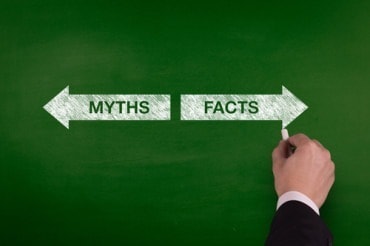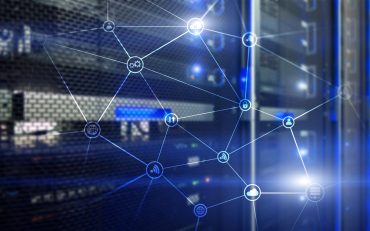
Employing big data and AI prediction models could accelerate the de-confinement process by assessing each person on a risk scale.
The coronavirus pandemic has been dealt in the same way by almost every country, self-isolation measures (usually implemented a few weeks too late), economic shutdown, with an aim to flatten the curve in a few months.
Now, we are observing a few different ideas on how to transition back to normality. In the U.S., President Trump and several states want to re-open, stressing the economic impact of maintaining quarantine over several months. Other countries are planning a slow re-open, to avoid an even larger pandemic in the winter.
SEE ALSO: AI-Assisted Services Struggle with Coronavirus Pandemic
What all plans are missing is enough data to micromanage the economy and its citizens. Without it, people with very low risk of serious illness (less than 0.5 percent according to some experts) have to adhere to the same social distancing rules of people with a very high risk of being hospitalized if they catch coronavirus.
Theos Evgeniou, a professor at the Institut Européen d’Administration des Affaires (INSTEAD), said in the Harvard Business Review that employing big data and AI prediction models—which are used by Netflix for recommendations and Alibaba’s Ant Financial for real-time loan application—could accelerate the de-confinement process, by assessing each person on a risk scale.
The risk scale is measured by who the person comes in contact with and who they live with. For example, a 20-year-old student who lives on his own and works part-time at a supermarket may be given the all-clear, whereas a 22-year-old retail worker who lives with an elderly relative may be high risk.
Evgeniou makes the case that because approximately 90 percent of people that are infected with coronavirus have no or very mild symptoms, they should be able to go back to work and develop herd immunity to the virus.
Coronavirus May Erode Our Online Privacy
The problem is we do not have the data to inform us if an asymptomatic person regularly visits high-risk individuals, and this data may be hard to gather in countries with well-protected privacy and data laws.
Evgeniou calls for the WHO or UN to declare a suspension to normal privacy laws, while also authorizing data to be sent to servers in other countries. Once an accurate model is created, it can be imported to other countries that require it.
Technology companies have shown some laxity in the pandemic, Google and Apple have both provided Western governments with location data on citizens.
This, combined with governments building apps that track people with the disease, could give AI and data modelers a chance to predict and personalize the response, if coronavirus returns in the winter or next year.



























